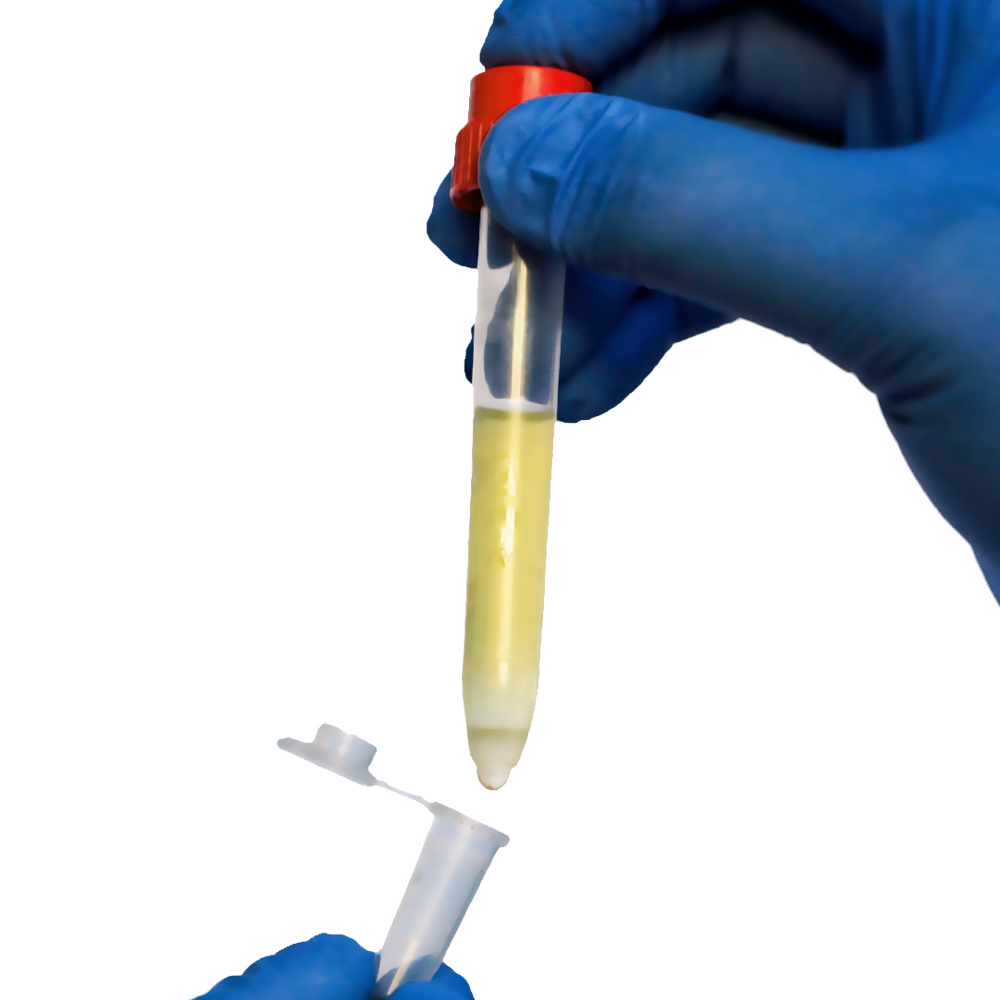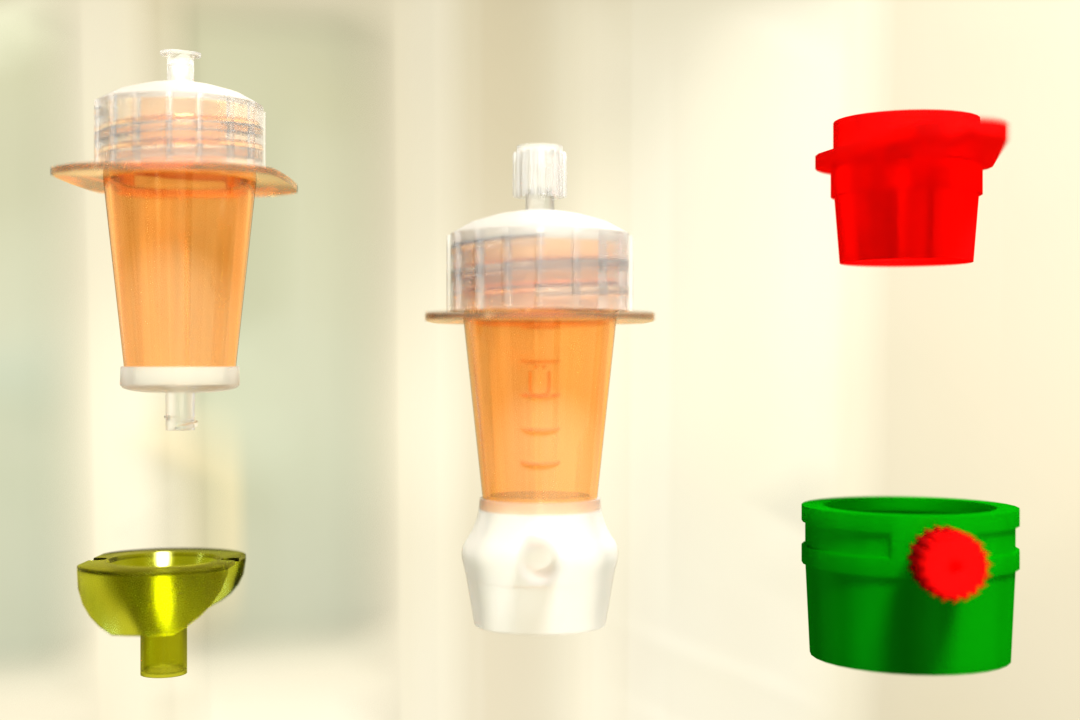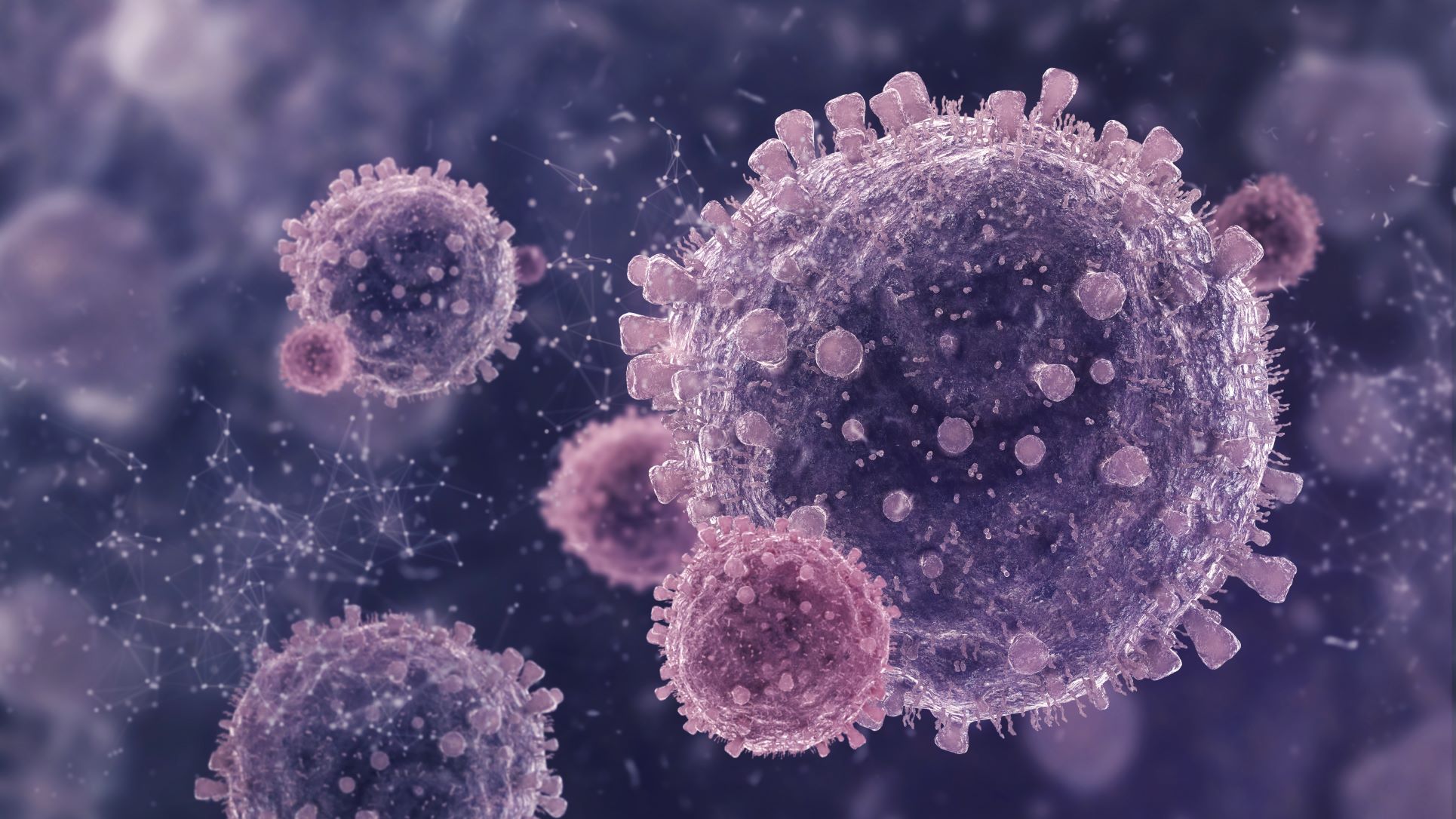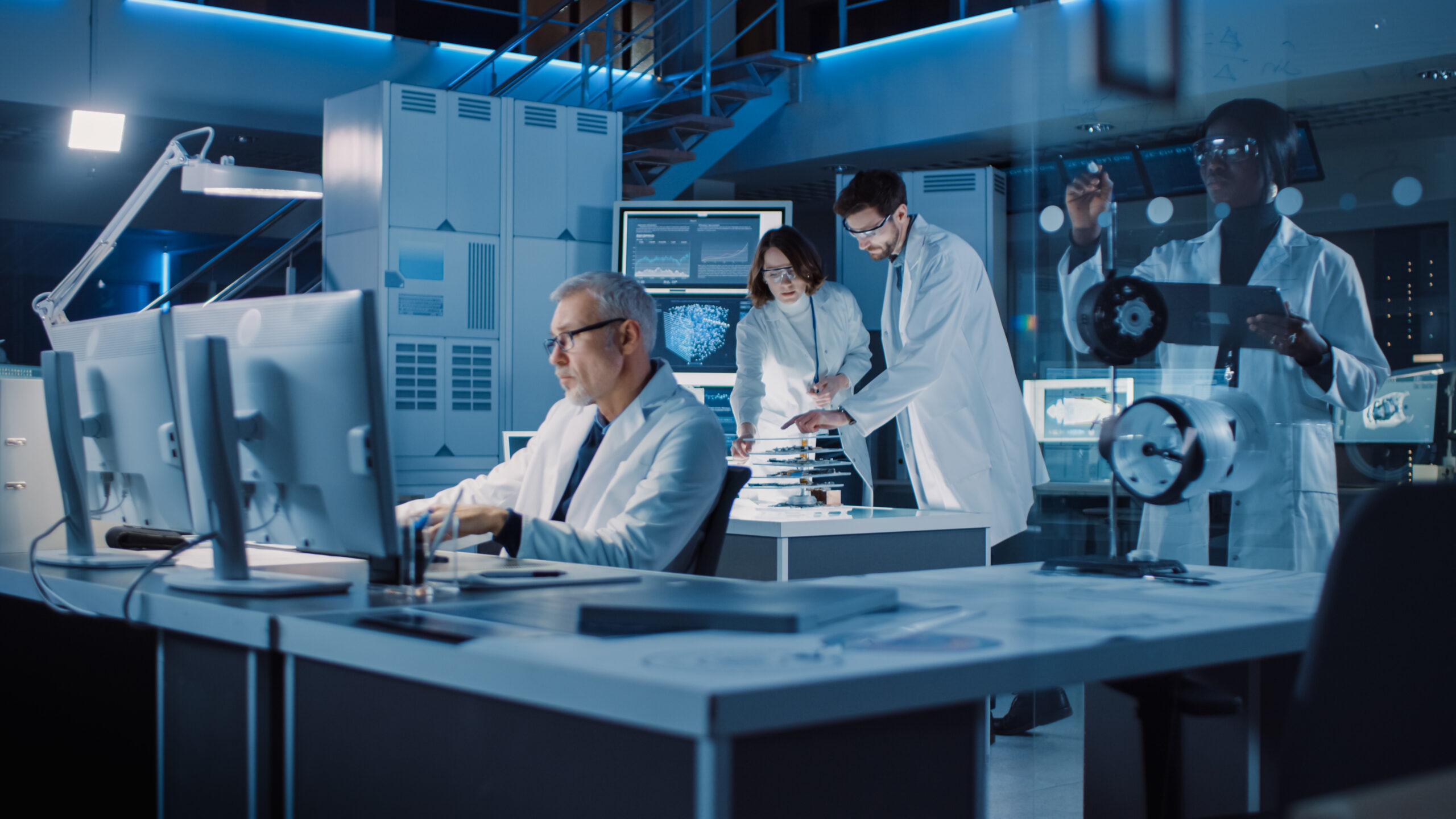Basophils are the blood’s smallest and most common leucocytes. This blog discusses their function and unique cell separation methods.
In the human immune response, many different types of cells are used to carry out multidimensional processes. Individual behaviors can be difficult to study because they are frequently the result of multiple activated cells. Researchers must study a variety of immune cells to gain a better understanding of how the human body works. The basophil is an unusual type of white blood cell. In this blog, we will discuss the innovative Antibody Cell Separation technologies that will help in basophil separation.
Basophils and their functions
Basophils are a type of white blood cell that accounts for less than 1% of all white blood cells in your body. In all mammals, they are the least common white blood cell. They’re made in the bone marrow and play a crucial role in your immune system. These mononuclear cells are granulocytes, a subtype of white blood cell that is distinguished by the presence of small particles on their surface. Different enzymes can be released during an immune response, such as an allergic reaction, by these small particles, or granules.
Basophils are important players in the immune system’s response to allergic reactions, as they release histamine-like enzymes. Histamines have a variety of functions in the body and are a component of the chemical cascade that causes allergy symptoms like sneezing and runny nose.
Basophils protect the body against a variety of pathogens in addition to allergic reactions that help warn the body of potentially dangerous substances. Basophils are involved in the immune response to viruses, microbial pathogens, bees, scorpions, snake venom, and parasitic worms that attack the gastrointestinal tract. A sufficient number of circulating basophils is required for the body to produce a proper immune response.
Basophil Levels
The number of basophils in your blood can change depending on your medical condition. A complete blood count that checks your white blood cell type levels can tell you how many basophils you have. The basophil count should be between 0.5 and 1% of the total white blood cell count on average.
Isolation of Basophils
Basophils live for a short time and are found in very small numbers in blood samples. Basophils are primarily isolated from leukopaks for research purposes.
A Brief on Leukopak Material
A leukopak is a concentrated sample of high-priority blood cells that can be purchased commercially and used for further isolation. Leukopaks are formed during the leukapheresis process. Leukapheresis is a technique for separating white blood cells from whole blood, resulting in a sample with a high cell concentration (especially as compared to whole blood and buffy coat preparations).
Leukopaks are frequently processed further to isolate specific cells. A wide range of products can be processed using the Leukopak method.
Leukopak Processing, and how does it work?
The isolation of specific desired cell populations from a leukopak is referred to as leukopak processing. Monocytes, lymphocytes, red blood cells, platelets, and plasma are abundant in leukopaks. Researchers can isolate single-cell subsets from these larger populations using cell enrichment techniques like negative selection.
In a variety of life science endeavors, sample preparation is frequently a critical first step. Sample preparation requirements can vary greatly due to the inherent complexity of samples and the diversity of applications. Pluribead is one of our many innovative products designed for the targeted enrichment of specific immune cells. This product can accurately identify and remove unwanted or contaminating cell types, leaving only the desired, enriched cell population. Pluribead works quickly and gently on sensitive cells of interest, preserving cell health and physiology.
More flexible and specific cell isolation options are required as cell and molecular biology techniques become more sensitive. Pluriselect has developed a quick and effective range of cell enrichment products with seemingly limitless versatility in response to this growing need. Even from complex samples, a cell population of interest can be rapidly enriched using our breakthrough cell isolation technology.
Our Innovative Cell Separation Products- Pluribead and Plurispin
PluriBead technology, if you’re looking for the most efficient way to separate Basophils, provides an exceptionally gentle method that preserves the physiology and health of delicate immune cells.
Pluribead and Plurispin can be used to purify samples separated by other methods, or they can be used as the primary method. Our products are one-of-a-kind in that they combine high purity, sample viability, and throughput to eliminate the need for extra purification steps. They don’t have any harsh magnetic fields or fast-moving liquids, which could endanger cell health and physiology.
PluriBead
Using positive selection, a specific antibody binds directly to the cells. The cells will come in contact with the antibody. During the subsequent enrichment steps, all undesirable cells will be separated from the labeled and desired cells because they are all unbound. The simplest way to keep labeled cells in place when coupled to a solid phase is to use a cell strainer or magnets. Any type of sample material, such as PBMC, secretion or excretion material, buffy coat, whole blood, brain homogenate, spleen, liver, and so on, may be used.
Plurispin
Negative cell selection eliminates all unwanted cells. All cells will be bound to particular antibodies and separated, unlike positive cell enrichment, with the exception of the cells of interest. While the unwanted cells are removed from the sample, the desired cells remain unbound and “untouched” by antibodies or beads. PluriSpin, a system developed by PluriSelect, isolates viable, untouched, and highly purified cells in a single step without the use of magnets or columns. As a result, the activated cells are less likely to be damaged.
While traditional cell enrichment methods subject samples to intense mechanical or magnetic forces and necessitate the use of expensive equipment, our Cell Separation products are gentle, cost-effective, and simple to use. Furthermore, the techniques allow for precise, scalable cell isolation in both small and large research labs.
We are dedicated to advancing scientific knowledge in order to improve human health by overcoming separation technology limitations. We’d like to hear from you if you’re having trouble isolating rare cell types.
Get in touch with one of our experts today to discuss your work, the issues you’re having, and whether there’s a way to overcome the challenges you’re facing. We eagerly anticipate hearing from you and becoming your cell separation partner.
Reference:
Science Direct
Medical Ways
 English
English French
French
 German
German
 Spanish
Spanish
 Belgium
Belgium
 Italian
Italian Brazil
Brazil Chinese Mandarin
Chinese Mandarin




